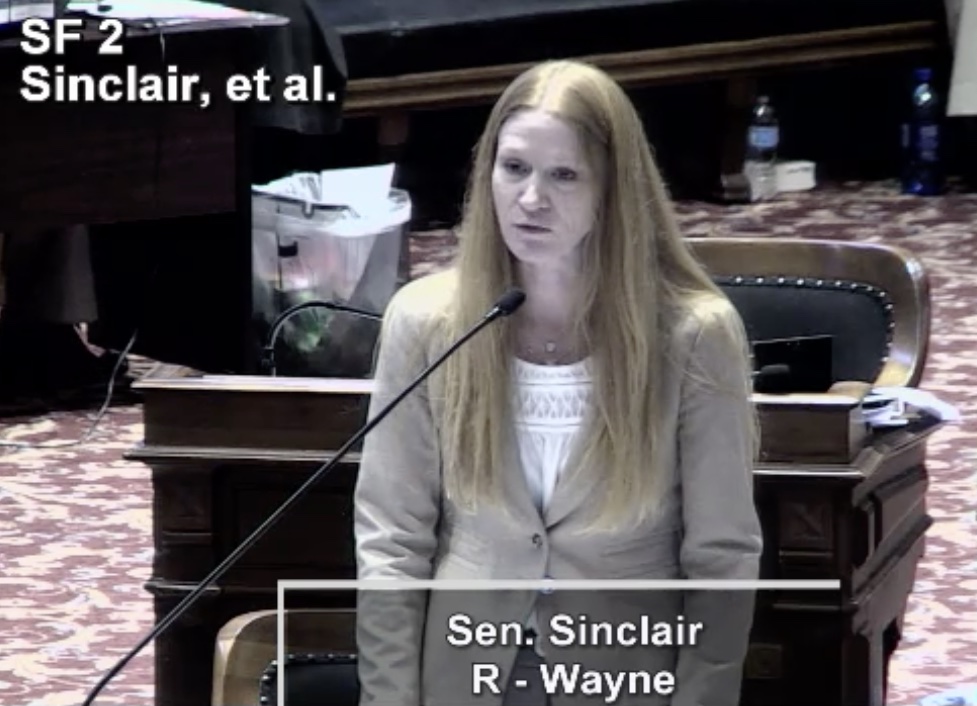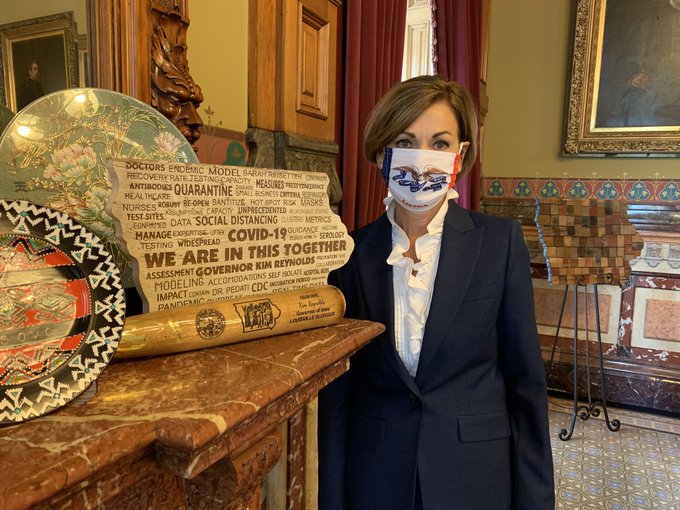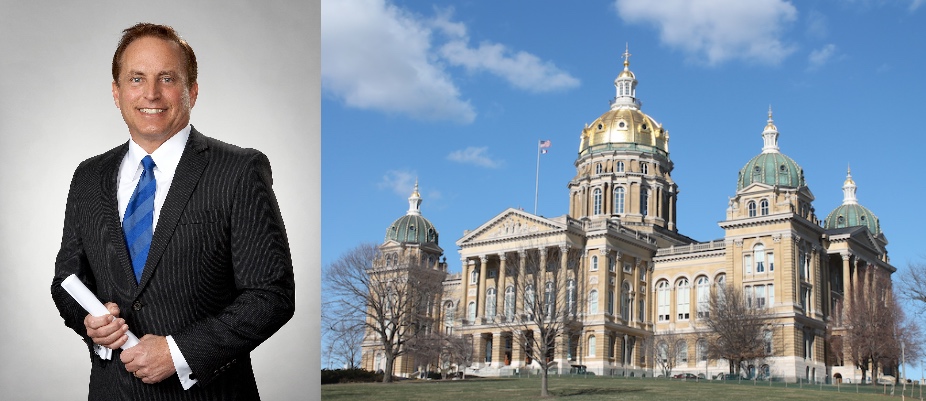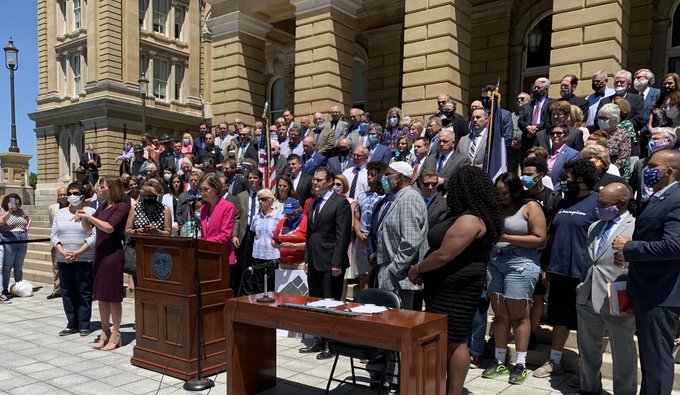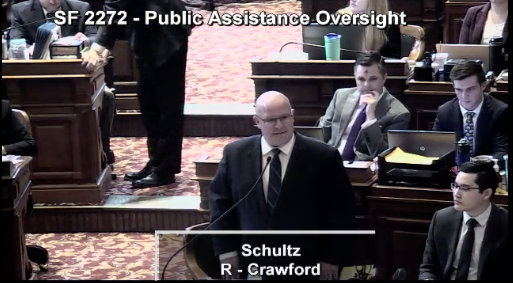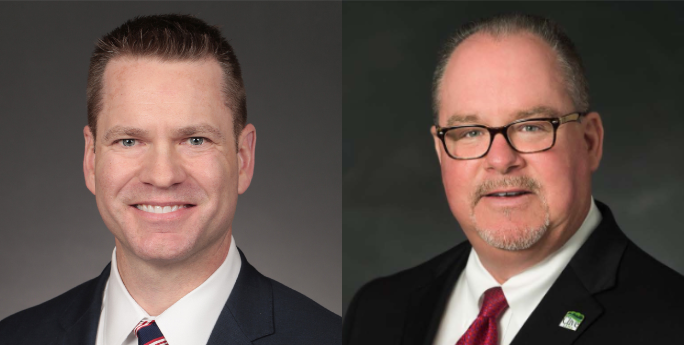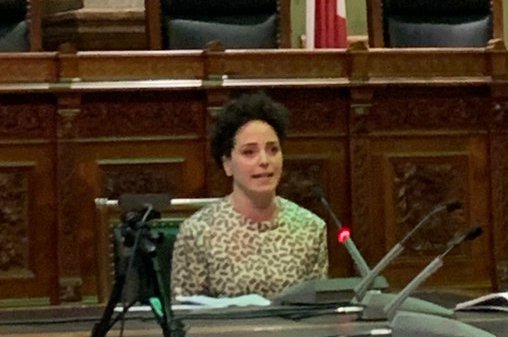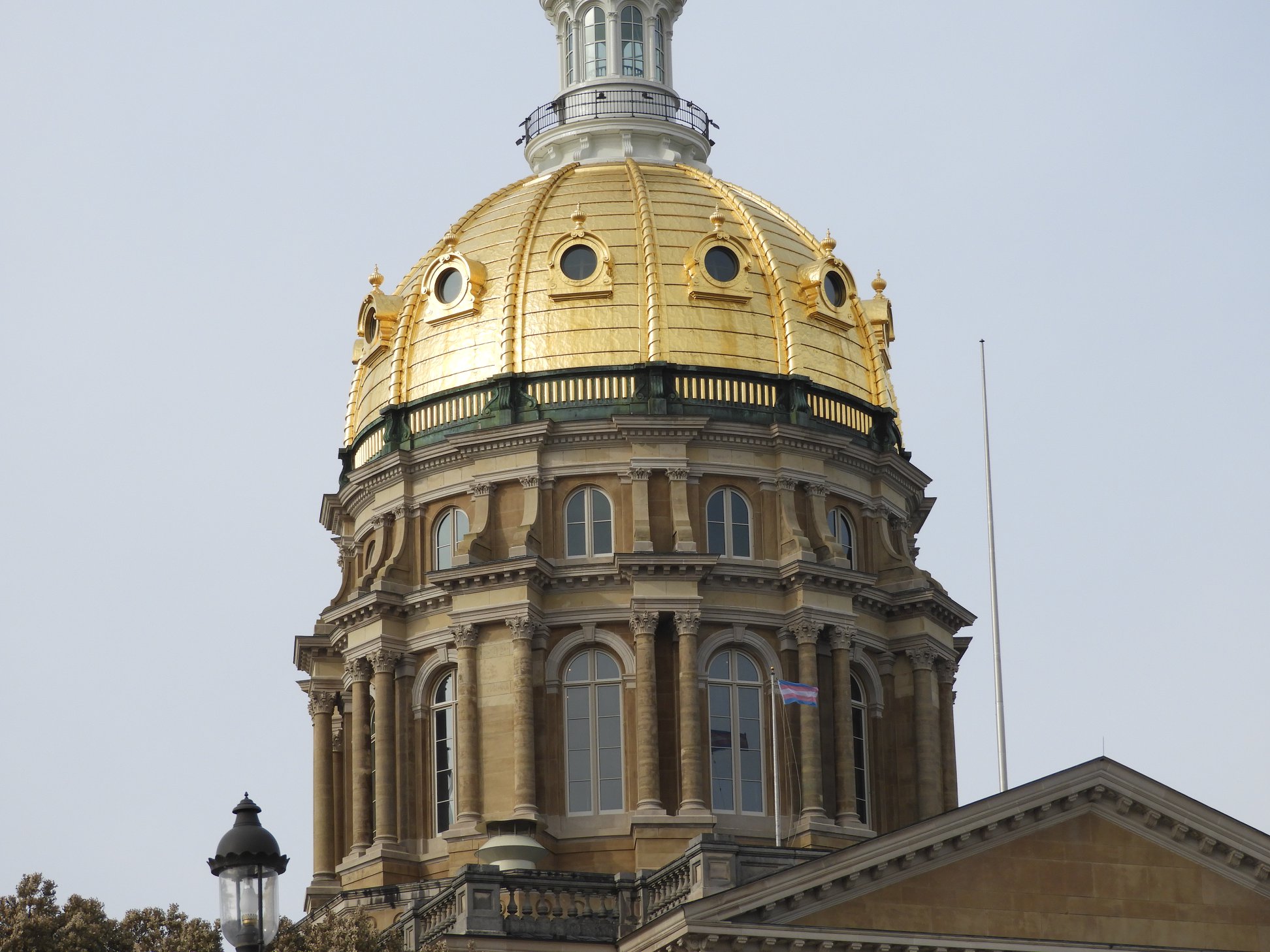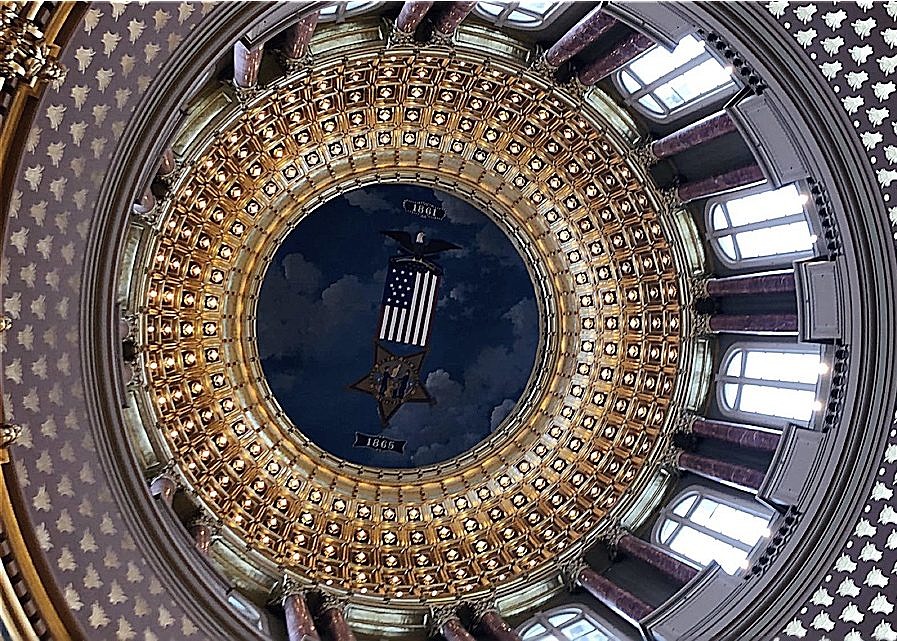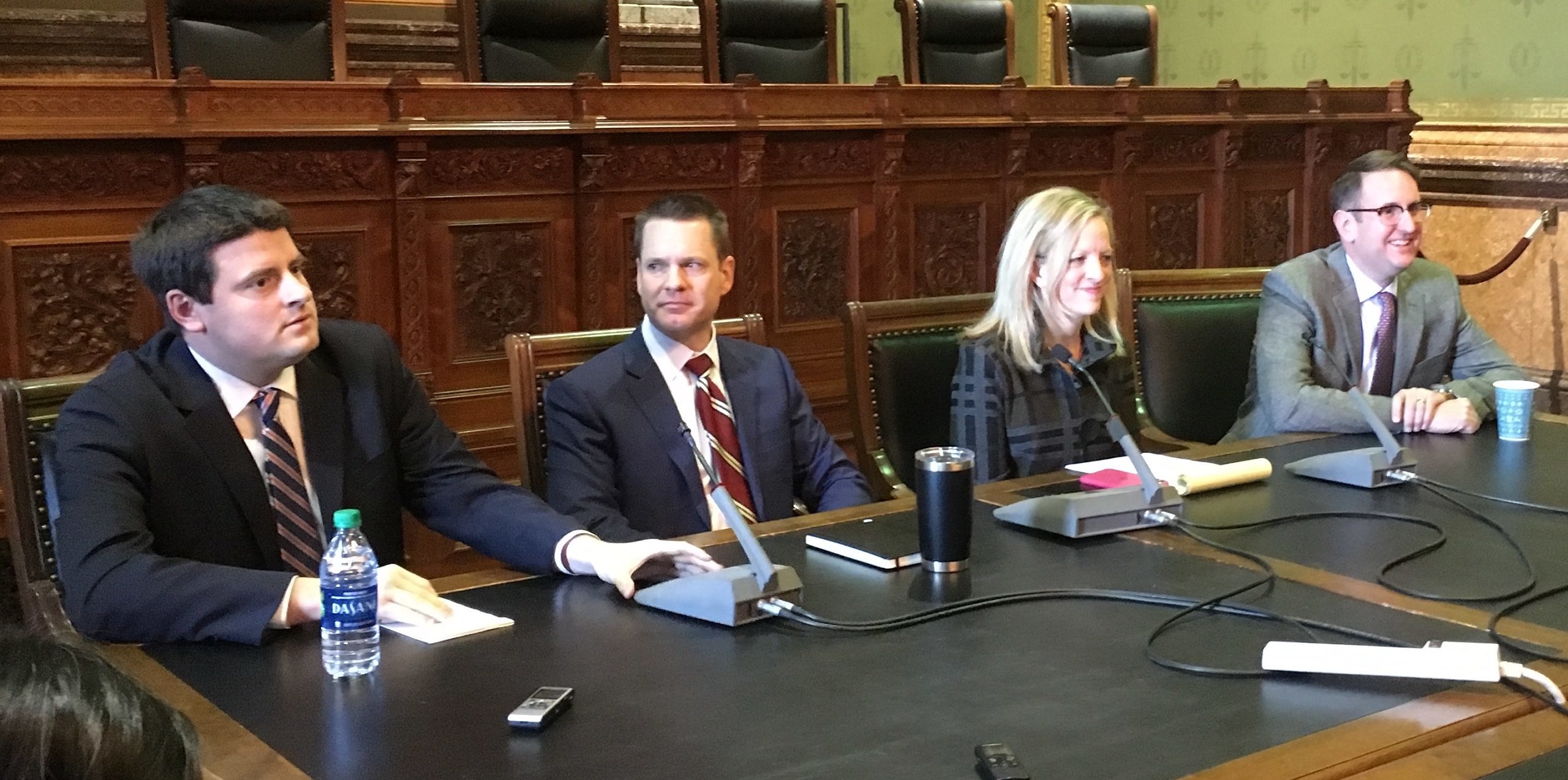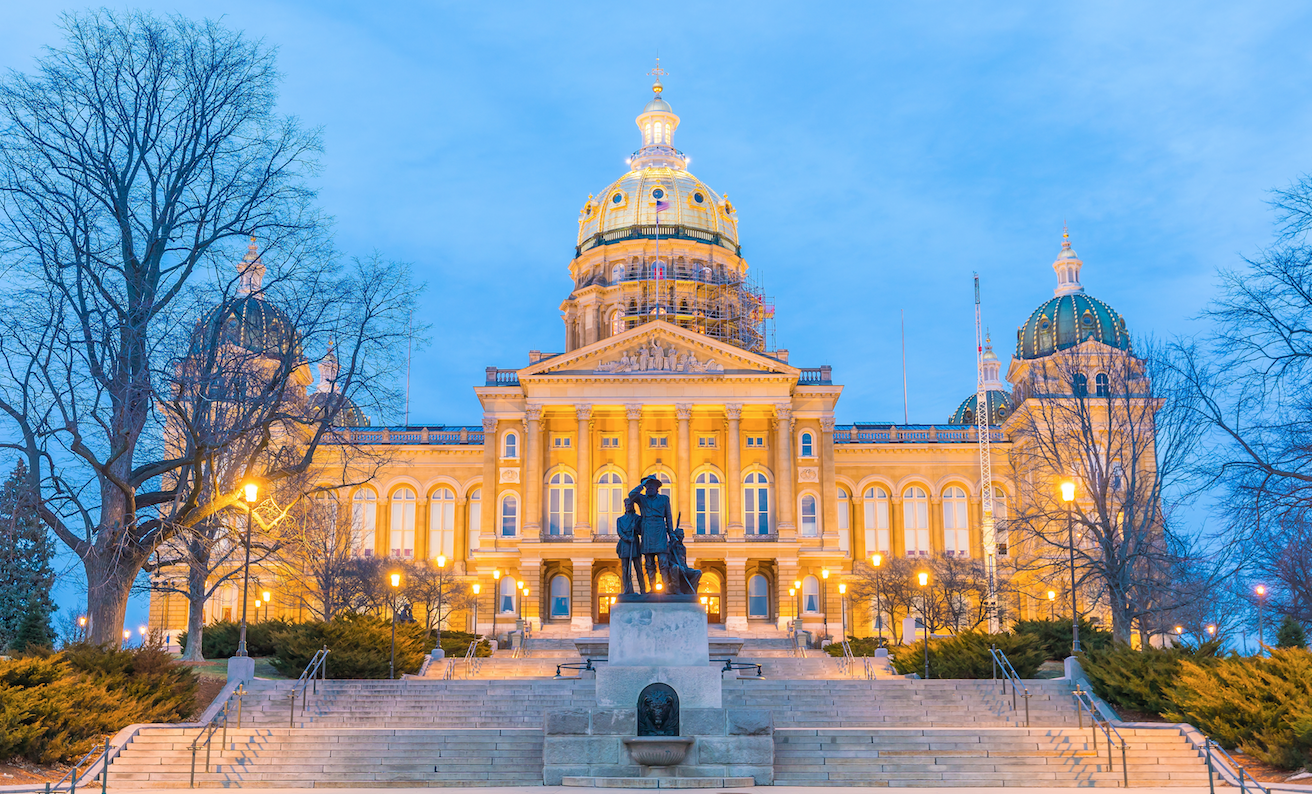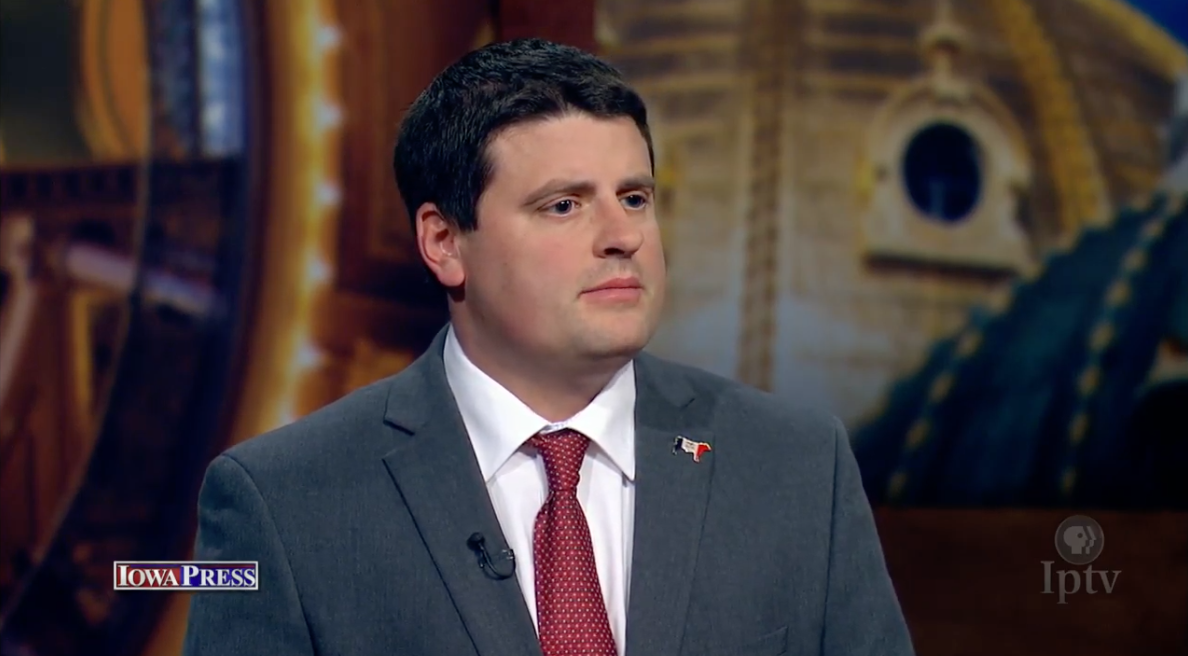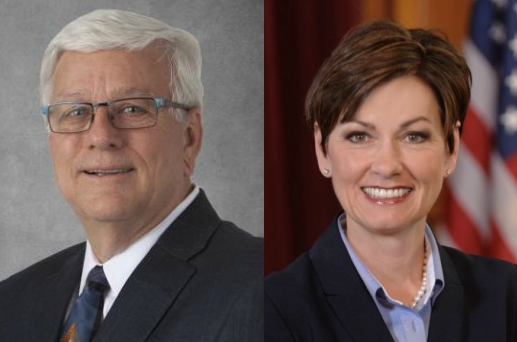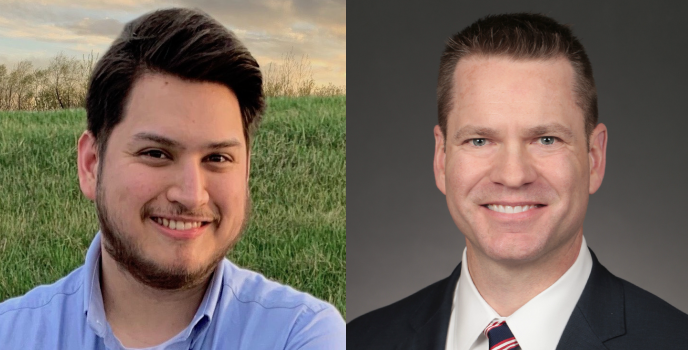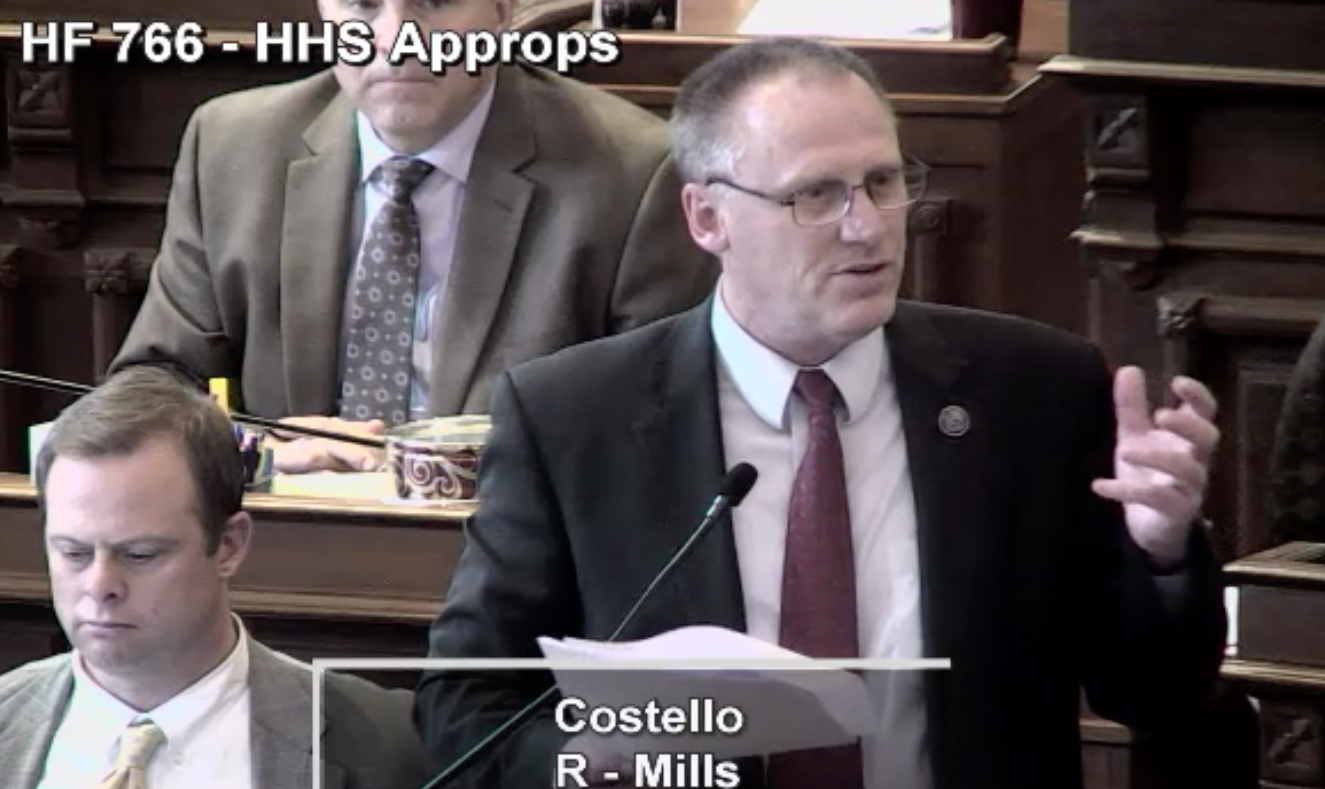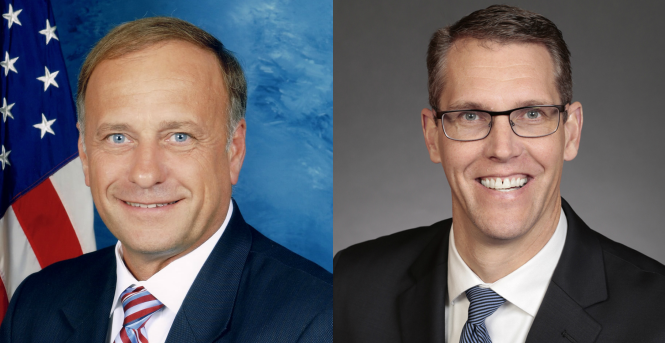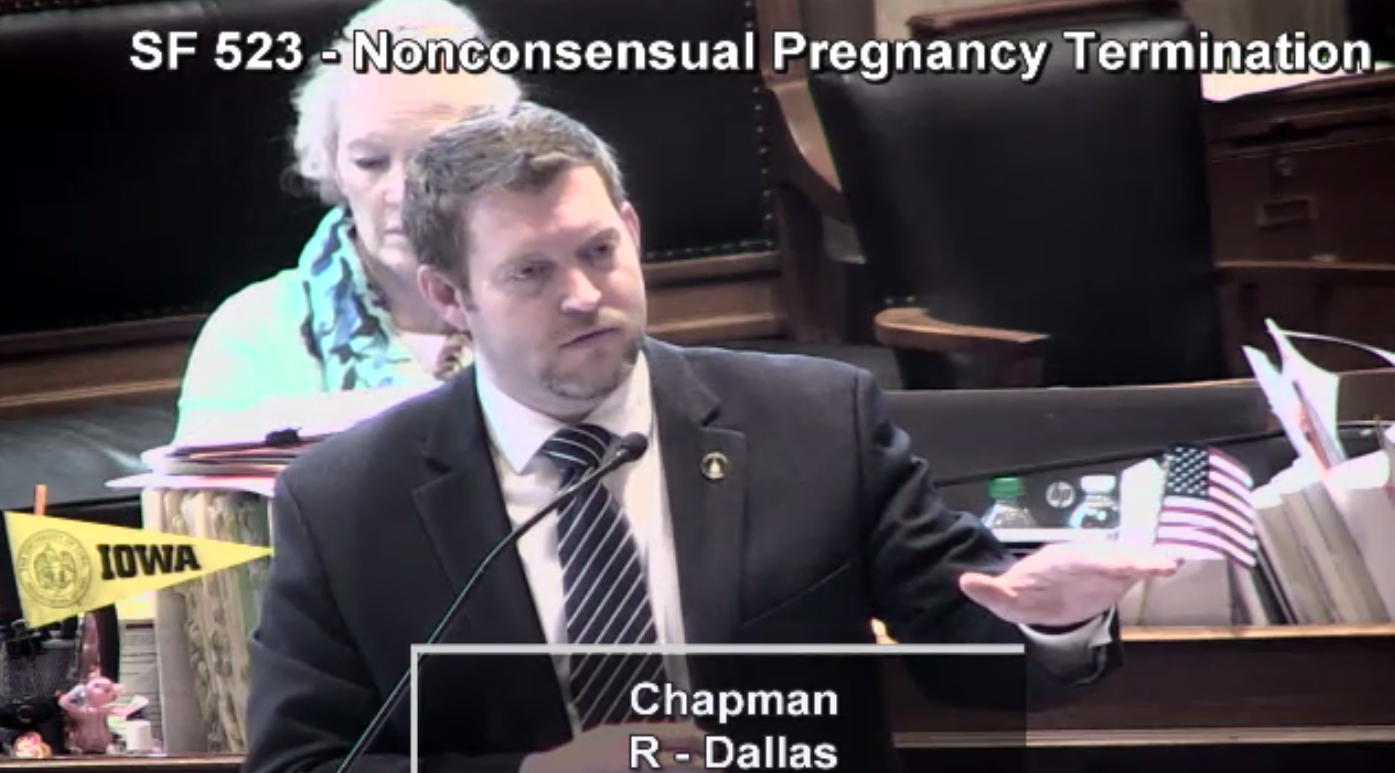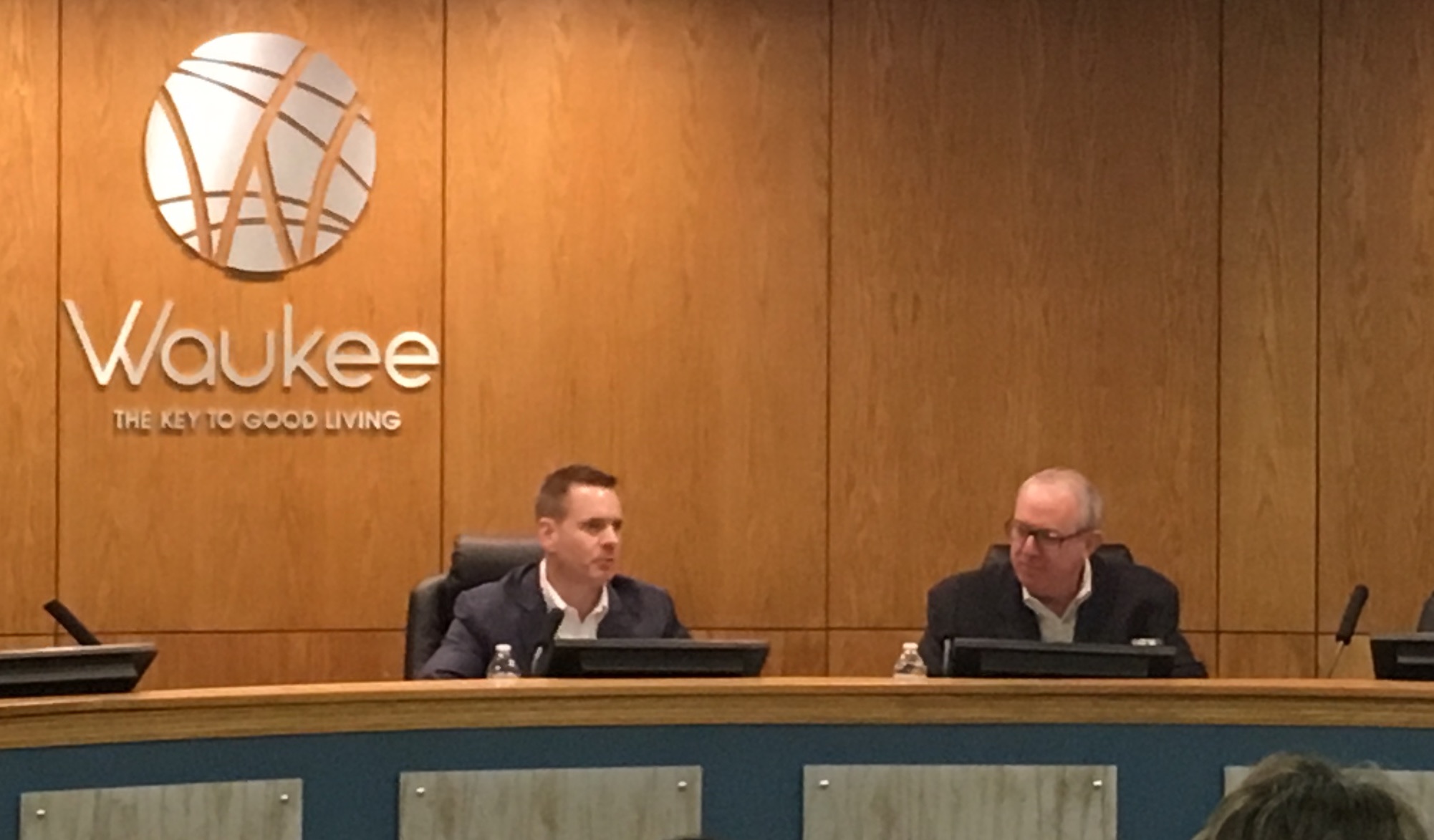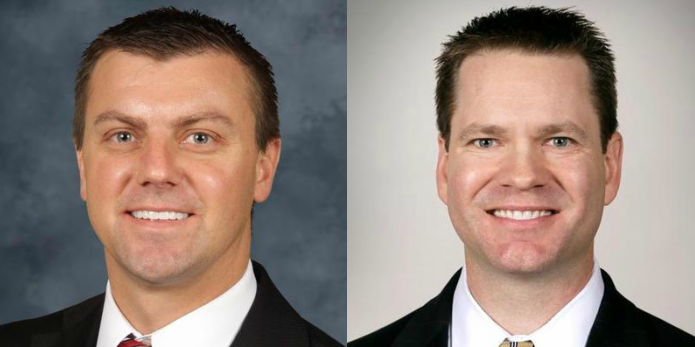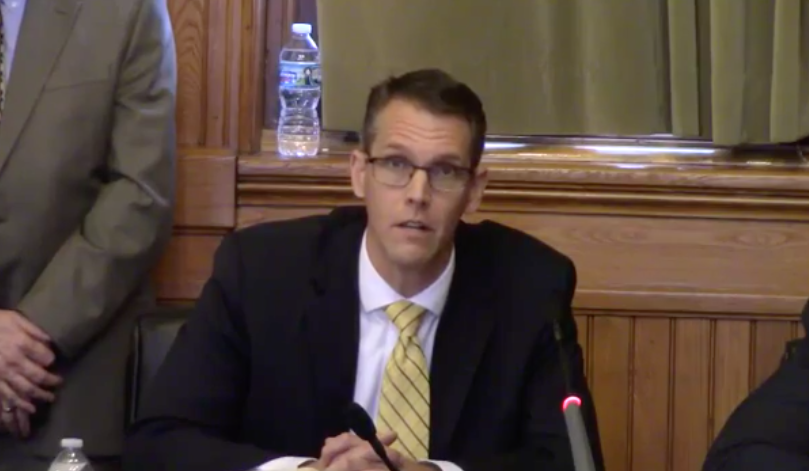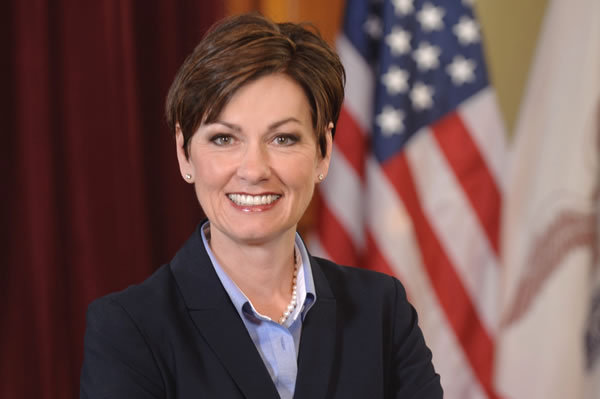When Iowa Republicans gained the trifecta following the 2016 elections, defunding Planned Parenthood was near the top of their agenda. GOP legislators promised a new state-funded family planning program would increase access to reproductive health care and give women more options, especially in rural Iowa.
The latest official data, first reported by the Des Moines Register’s Michaela Ramm, show the program has flopped. In just five years, the number of Iowans receiving services such as contraception, pregnancy tests, Pap smears, and testing or treatment for some sexually transmitted infections dropped by 90 percent compared to the population served during the last year of the previous Medicaid waiver. The number of health care providers involved is down by a staggering 97 percent.
The Iowa Department of Health and Human Services has done almost nothing to promote the program, even as enrollment crashed.
The reality could hardly be more different from the scenario Republicans described in 2017: “connecting folks with their home health care” for essential services by taking Planned Parenthood’s mostly urban clinics out of the equation.
Continue Reading...
